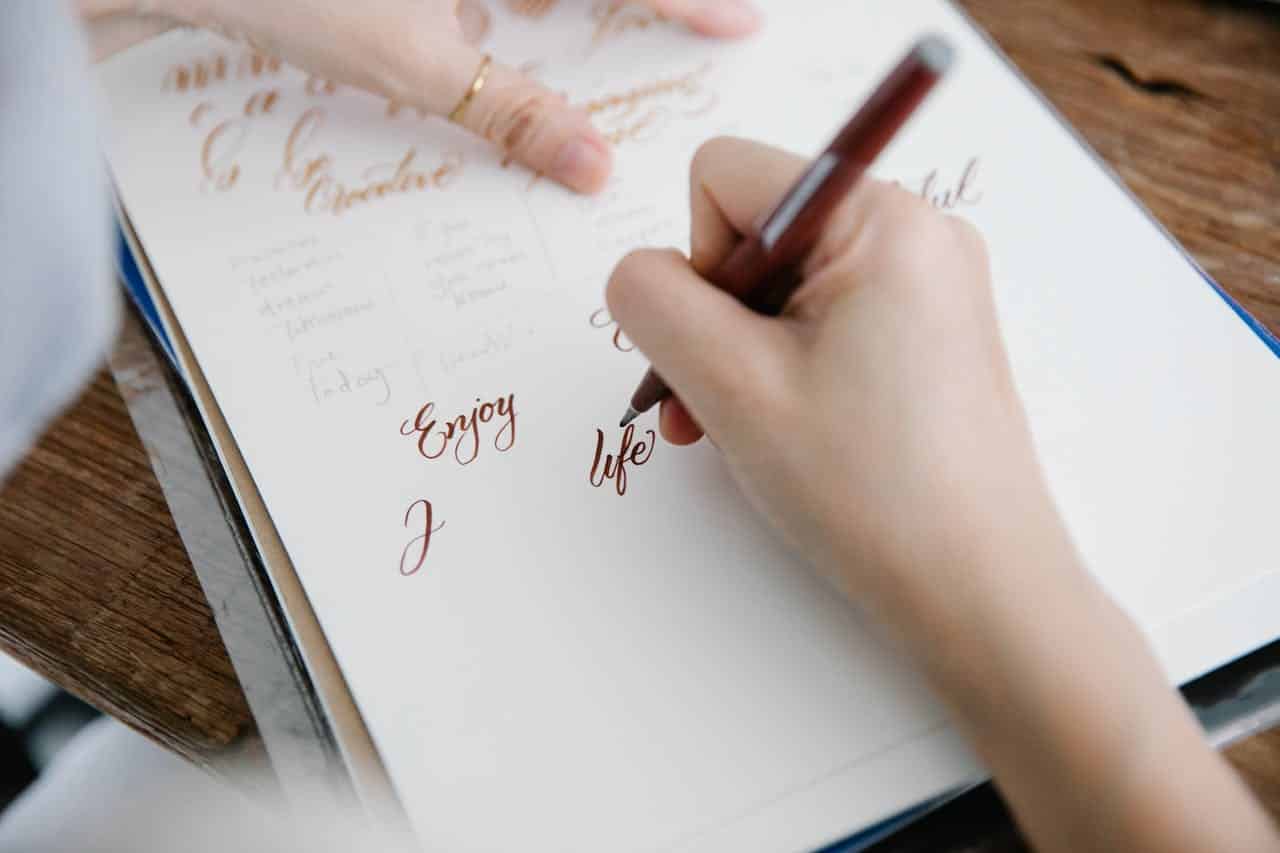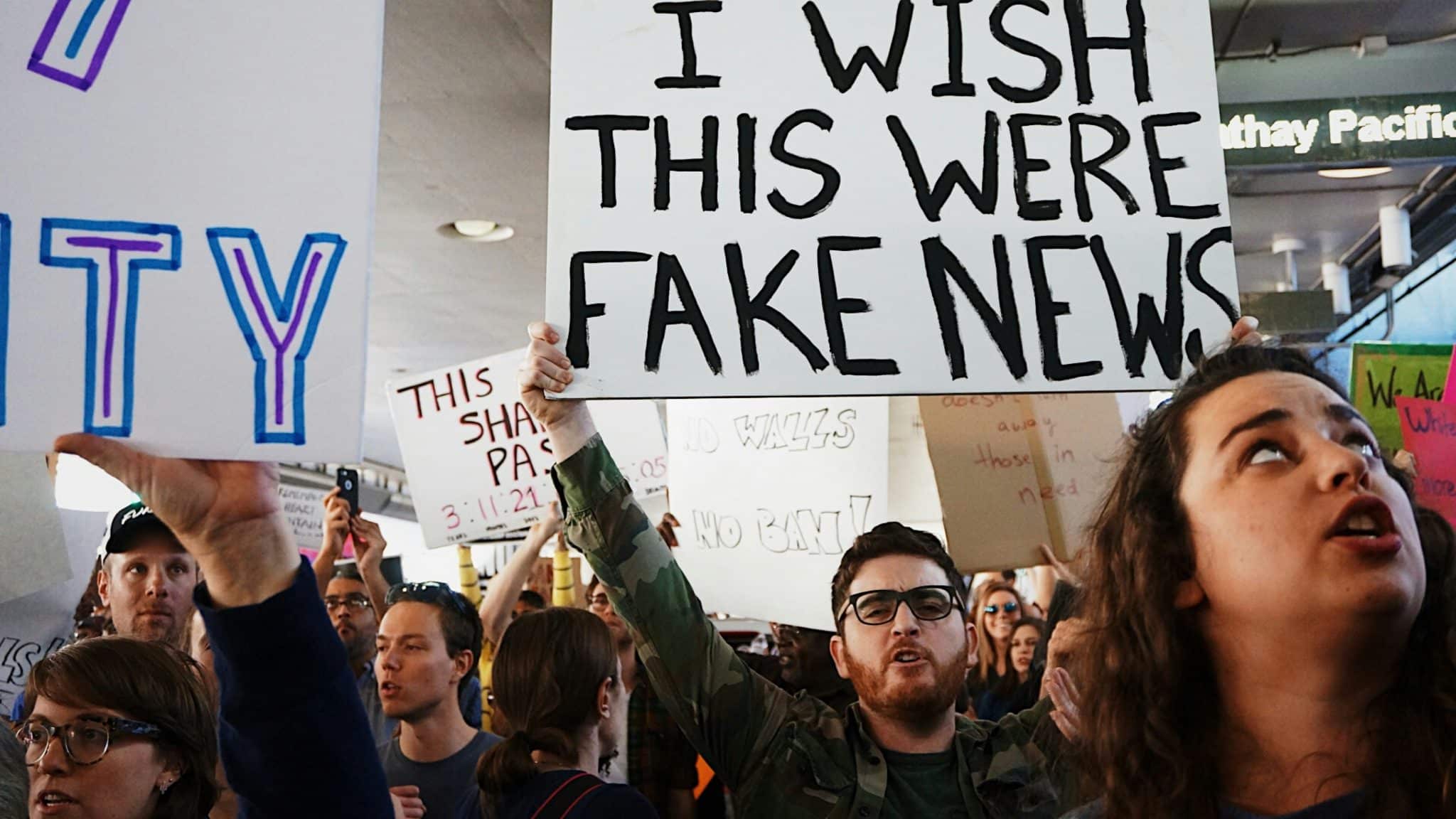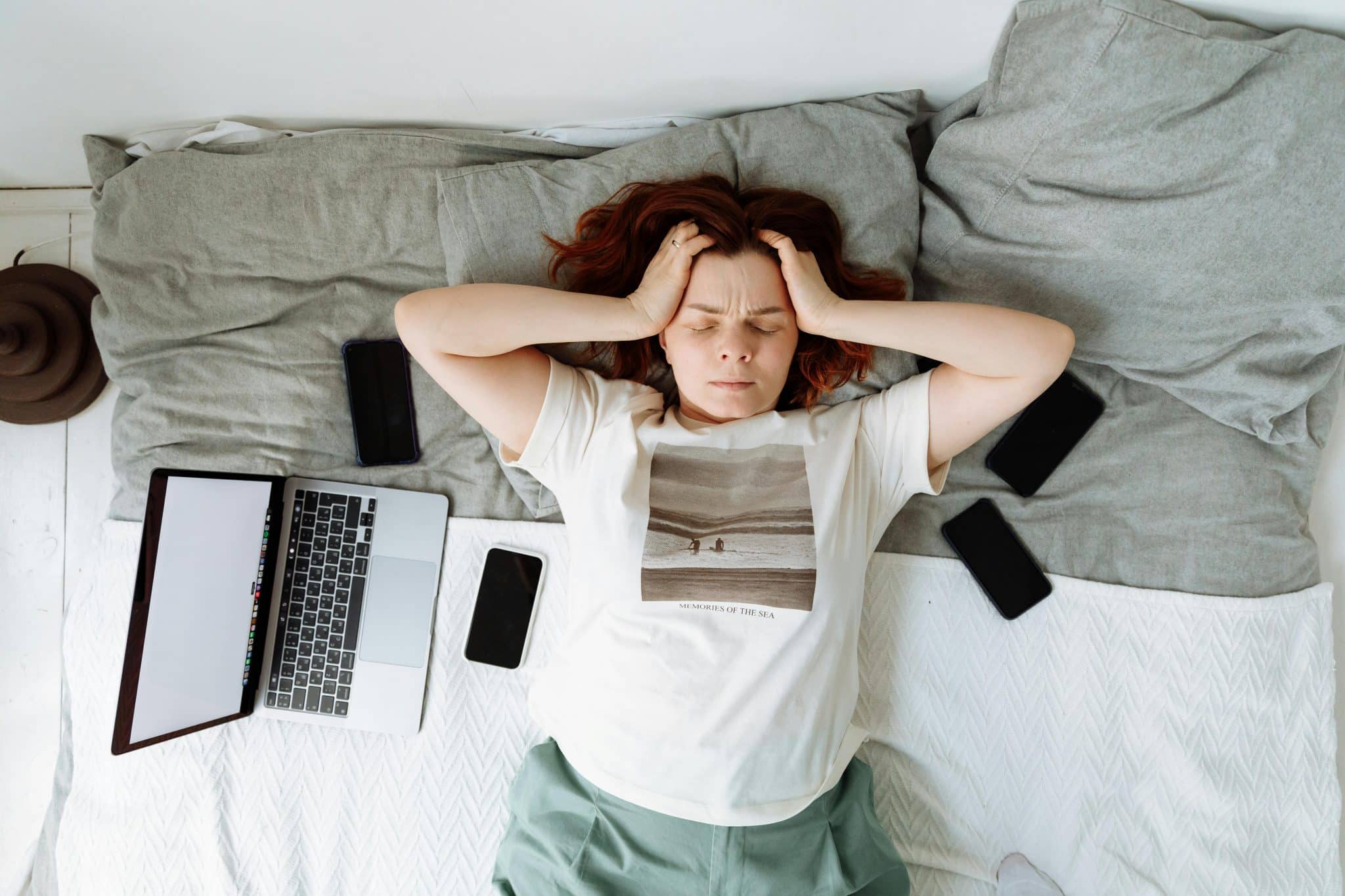Composer Cheryl Frances-Hoad on Finding the Focus to Create Masterpieces

At Freedom, we love our users – not just because they use our product, but because they’re cool – cool people working on cool stuff. Academy Award-nominated screenwriters, best-selling authors, editors, developers, cartoonists, designers, academic researchers, explorers, and entrepreneurs – the Freedom community is packed with curious, creative, and efficient go-getters. We love to share their stories and advice, because how better to learn about productivity than from the productive?
Meet Cheryl Frances-Hoad.
Admired for her originality, fluency and professionalism, Cheryl Frances-Hoad has been composing to commission since she was fifteen. Classical tradition (she trained as a cellist and pianist at the Menuhin School before going on to Cambridge and King’s College, London) along with diverse contemporary inspirations including literature, painting and dance, have contributed to a creative presence that is precisely her own.
‘Intricate in argument, sometimes impassioned, sometimes mercurial, always compelling in its authority’ (Robin Holloway, The Spectator), her output – widely premiered, broadcast and commercially recorded, reaching audiences from the Proms to outreach workshops – addresses all genres from opera, ballet and concerto to song, chamber, and solo music. So this week we sat down with her to learn more about how she finds the focus to do what she loves.
How did you become the musician and composer that you are today? What were some of the steps you took along the way?
I was very lucky to be born into a musical family – my mother is a flute teacher – so I was listening to classical music before I was born! But it was when I heard a ‘cello on the radio at about 6 years old that my curiosity was really piqued: and after a year or so of proving that I could stick at practicing the (much less expensive!) recorder, my mum bought me a cello. Within another year, I was accepted on a full scholarship by the Yehudi Menuhin School, a specialist music school in the UK that at the time had only 38 students from all over the world. I stayed there for ten years, before going on to Cambridge University and then King’s College London for my PhD in Composition. I started writing music as soon as I started playing, but composing gradually overtook performing: the turning point for me came when I was 15 and I had a piece played by the BBC Philharmonic Orchestra as a result of winning a competition. The experience of hearing the piece I’d until then only heard in my head, played by all these wonderful musicians, was spine-tingling, and convinced me that this was what I had to do for the rest of my life.
What advice would you offer less experienced creatives – especially in regard to staying productive, motivated, and focused?
Deadlines help keep me productive! It’s different for everybody – I have friends who work long into the night – but for me I find keeping a regular routine really helps, and always starting well in the morning. If I can get out for a walk and then start composing without getting distracted (one of the reasons I use Freedom!) then the rest of my day often falls into place. Good time management is essential, especially if you’re writing a big piece (my last work, for the BBC Symphony Orchestra, took me six months to write, so to make it mentally manageable I plotted where I should be in the piece in my diary each week so I had lots of small achievements to keep my motivation and spirits up). It might sound ridiculous, but to keep myself motivated during this big piece, at times when I just couldn’t conceive of ever finishing it, I would close my eyes and imagine taking a bow after my new work had been performed. It somehow helped to convince me that I would finish this piece, like I have eventually finished every other piece before, and it would all be ok! As far as focus goes, I’ve come to realize that it takes so much willpower to sit down and write, that you just have to remove as many other distractions as possible, and that is where Freedom (and not keeping chocolate biscuits in the house) comes in for me!
When/where are you most productive, and how does this shape your working routine?
I don’t have a particularly productive time of day, but like to try and keep regular hours. It’s often so hard to start work that getting into the habit of starting at a certain time every day, or after a morning walk etc. seems to help.
At what point did you realize that distracting tech was taking a toll on your productivity and time? Or, when did you know that you had to do something about it?
I think that I allowed technology to distract me from the moment that I started using it. As a child I’d regularly not be able to concentrate until the postman arrived, if at the time I was awaiting news of a competition or something, so the advent of email was a bit of a disaster for me! Added to that, I work alone 95% of the time, so the lure of social media, for ‘company’ and distraction, is very strong. For short projects, working in quick bursts is just fine, but I found I had lost the ability to concentrate for long periods of time, at least when composing. Whenever I’d get bored, I’d check Facebook, instead of just sitting there, riding out the boredom, and eventually coming up with a really good idea.
The internet and social media has been wonderful for my career – I wouldn’t have got many of my commissions without them, but about two years ago (after some success which resulted in a lot of likes and new followers etc.) I found it just started to take over my life, and I got really worried about what it was all doing to my brain. It was ridiculous: I was sitting at the piano, being paid to do what I love most in life, but instead of being fully absorbed in it I was spending way too much time either resisting, or not resisting, checking updates on my phone.
How do you usually incorporate Freedom into your routine?
I’ve written two large-scale orchestral works this year, and Freedom has made it SO much easier to concentrate! I now block all social media except for an hour a day at lunchtime, and block the internet entirely for four hours in the morning and four hours in the afternoon, every day of the week. Pretty drastic! But I’ve found it’s done wonders for my concentration and actually reduced the amount of admin I do. Most of the time, when writing, I don’t need the net at all, but of course at other times, when doing admin, updating my website or doing research, it’s absolutely essential. As a result I will frequently unblock the net before the Freedom session starts, but when I do this, I have planned to do it: I am controlling my admin and my net use rather than the other way around!
What resources or tools have you found most beneficial to your daily working process?
I only use Freedom currently. It does everything I need!
What excites you most about what you do?
I have been writing music since I can remember, and when it goes well, it leaves me utterly fulfilled, emotionally and intellectually. It’s wonderful to be able to write something in a language that has the potential to speak to anyone and everyone in an individual way, with no need for translation.
What project are you currently most excited about?
November is a really exciting month for me! Magic Lantern Tales, my fourth CD, has just been released by Champs Hill Records: it is a disc of songs written over the past 8 years or so, and showcases my work with many wonderful poets including Ian McMillan and Kei Miller.
In addition, Last Man Standing, my biggest work to date, a 28 minute monodrama for baritone and orchestra, is being premiered by Marcus Farnsworth and the BBC Symphony Orchestra conducted by Martyn Brabbins on the 30th November at the Barbican Centre. The work sets a new text by Tamsin Collison inspired by WW1 texts and personal testimonies. Earlier that day, the BBC Singers will sing five of my choral works, so it’s a busy day for me!
What do you do outside of your work routine that helps you stay productive and motivated?
No one would know it to look at me but I have recently started going to Boot Camp at the gym four times a week! You start the day off in such a positive fashion, and (mostly) feel so great when it’s finished that it’s fairly hard to mess up the rest of the day! I hope I can keep it up this time, rather than letting work completely take over my life like it has done so many times in the past.
I also try and walk a lot, sometimes in silence, sometimes with a good audiobook that is totally unrelated to my work. Internet clothes shopping is my downfall but I sometimes use it to bribe myself with when I finish a piece (and remember to take Freedom off!).
Where are you currently based?
Bedford, UK
To learn more about Cheryl or her works, you can visit her site at cherylfranceshoad.co.uk


